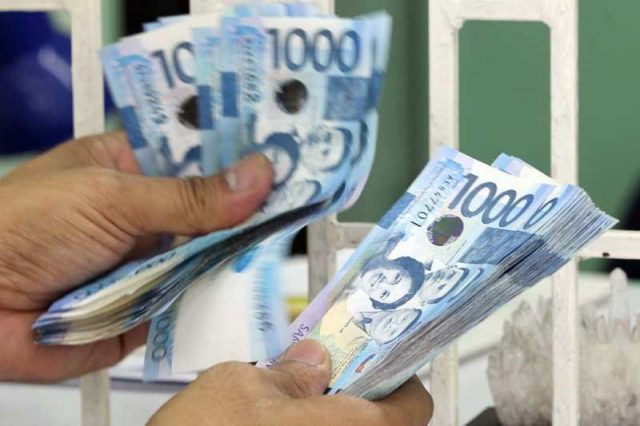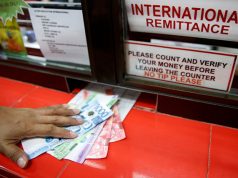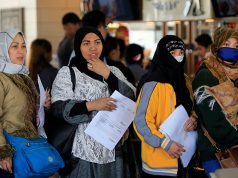(This is a sponsored article.)
Overseas Filipino Workers are considered today’s heroes, as they decide to live thousands of miles away from their loved ones to financially support them.
They help their families by sending remittances through banks, agencies or money transfer companies.
The importance of remittances
The Philippine Statistics Authority reported in May 2018 that there are about 2.8 million OFWs all over the world. These Filipinos send as much as P205.2 billion of remittances to the Philippines.
Remittances are considered one of the biggest financial inflows for the developing economies. They are sent through banks or money transfer companies such as MoneyGram.
Well. OFW's are the higher contributor in terms of Remittance
no Filipino can deny that.#ALDUBAmorFati— Jullie Patricio (@JulliePatricio) March 5, 2018
According to The Guardian, “remittances are more efficient than foreign aid because they come without conditions.”
The money directly goes to the individuals’ needs — school tuition fees, houses and business, or investments. These enable families to develop continuously.
World Bank has acknowledged the importance of remittances by including them in their measure of “creditworthiness” since 2009.
A blog on money transfer listed some factors on why remittances are important:
- Foreign exchange: Remittances from other countries are considered a “more stable and reliable form of foreign exchange earnings in developing countries” than foreign direct investments or aid flows.
- Financial development: Migrant workers are inspired to increase their remittances in times of their home country’s economic distress.
- Poverty: An increase in a household’s remittances also shows an increase in their standards of livelihood, thereby reducing poverty.
- Education: School tuition fees may be paid by remittances, enabling children to study instead of forcing them to work for their family’s survival.
- Investment: Remittances also help people invest in what they desire or need in the long run, such as real estate.
- New businesses: People can also start businesses with the remittances sent to them and venture into different entrepreneurial activities.
- Debt reduction: Remittances can also be used to pay off debts and serve as an alternative income in cases of financial depletion.
This is why OFWs deserve to be honored
Recently, a money transfer company celebrated the efforts of OFWs who have relentlessly provided financial support to their loved ones.
The event, called the 2018 MoneyGram Idol Awards, managed to recognize twelve OFWs for their perseverance, hard work and diligence.
Congratulations to all winners of the second edition of the MoneyGram #IdolAwards! Last night in Manila we honored 12 #OFW families and their loved ones who work tirelessly to support them back home #moneygramnews pic.twitter.com/4svqnY6zZ7
— MoneyGram (@MoneyGram) June 20, 2018
It was held in Solaire Resort on June 19, 2018, where key regional leaders of the company attended, as well as MoneyGram ambassador Robin Padilla.
Yogesh Sangle, the company’s head in the Asia Pacific, Middle East and South Asia region, said that the event aimed to honor the OFWs as they continuously strive to support their families.
“We are here for the OFWs not only to enable them to send money to their families back home in a convenient and fast manner, but we also want to bring them closer to their relatives.”
“We established the MoneyGram Idol Awards to recognize the everyday struggles of families of millions of Filipinos living and working abroad.”
Twelve OFWs were awarded and given a cash prize of P30,000. They were also granted an all-expenses-paid trip in Manila, with a three-day stay in a luxury resort. Thirty additional winners received P5,000 each.










